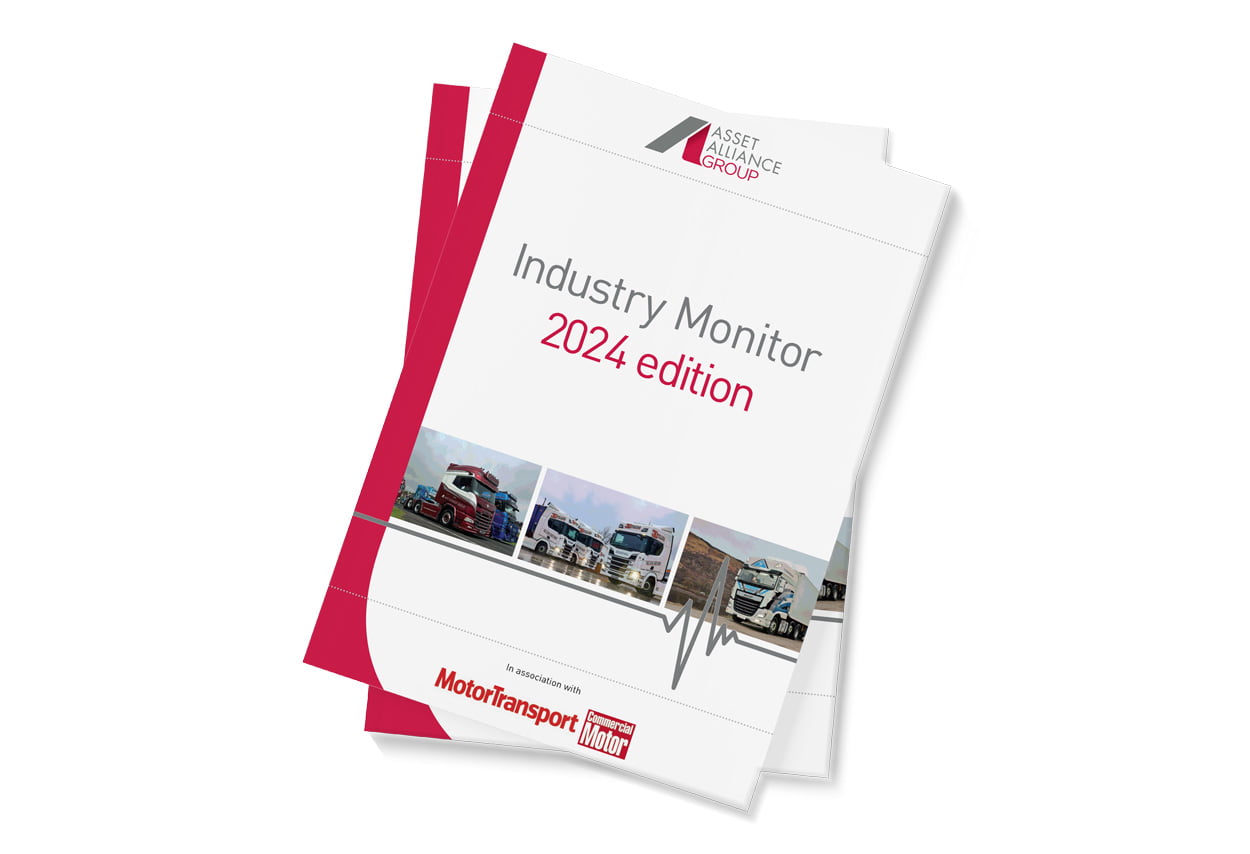Our annual Industry Monitor always provides some fascinating data into the current health of the transport sector and this year’s report, which was officially launched at Road Transport Expo last week, is certainly no different.
The state-of-the nation survey, now into its sixth year, is completed by hundreds of senior executives and business leaders, offering invaluable insights from those at the forefront of the industry.
With our partners at Motor Transport and Commercial Motor, we are proud to see the report now so embedded within the sector, and our thanks go once again to all of those who took the time to complete the 2024 survey.
There can be little doubt that these past few years have seen some of the most challenging economic times in recent history, coupled with the huge technological changes that our sector is going through as operators look to decarbonise their fleets.
Rising costs, customer instability and the impact of urban legislation, such as Clean Air Zones and Direct Vision Standard, all score highly when looking at the main hurdles businesses are currently having to navigate.
However, overall, I’m pleased to see that the road transport sector remains in good health with the vast majority reporting that they sense better things on the horizon. Indeed, 71% of this year’s respondents are expecting their business to perform the same or better in 2024 compared to 2023, a jump of 21% in comparison to this time 12 months ago.
Perhaps unsurprisingly some of the most interesting data recorded comes when we look at green technologies.
The number of companies already using alternative fuels across their fleets has risen from 16 per cent last year to 29 per cent in 2024 – a significant jump that indicates more and more operators are realising there is little time to waste when looking to decarbonise their operations.
The breakdown of those stats is also of note. With several frontline manufacturer options now available across the UK, battery electric trucks are leading the way as the alternative fuel of choice for the sector, with 68 respondents now using zero-tailpipe emission vehicles, compared to just 26 in last year’s report.
The reality though is the stumbling blocks that are slowing the transition from diesel remain there for many – with lack of infrastructure and increased upfront costs of the vehicles, the top two issues deterring operators. It appears to be almost a game of two halves for the industry, with 53 per cent admitting they are still to make any enquiries on the range of options available in the market to help them on their decarbonisation path.
Plenty to consider and mull over then in what we think is another fascinating survey. We hope you find it a useful tool in your planning for the year ahead and here is to a prosperous future for all those working across the sector.
Willie Paterson
CEO, Asset Alliance Group

